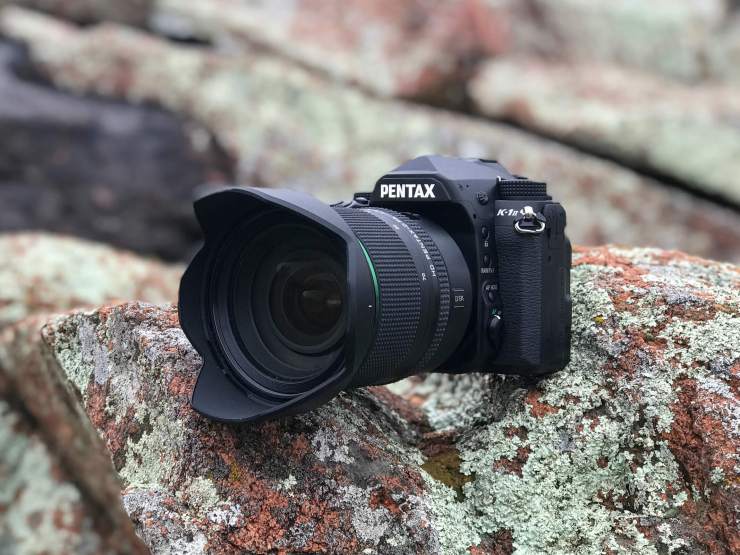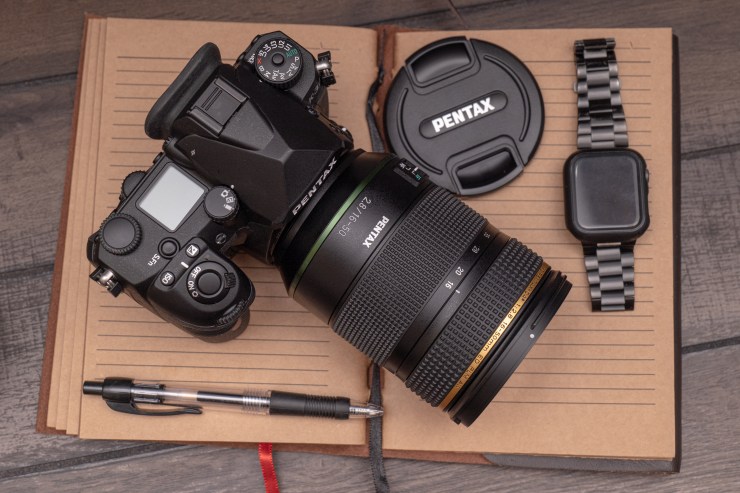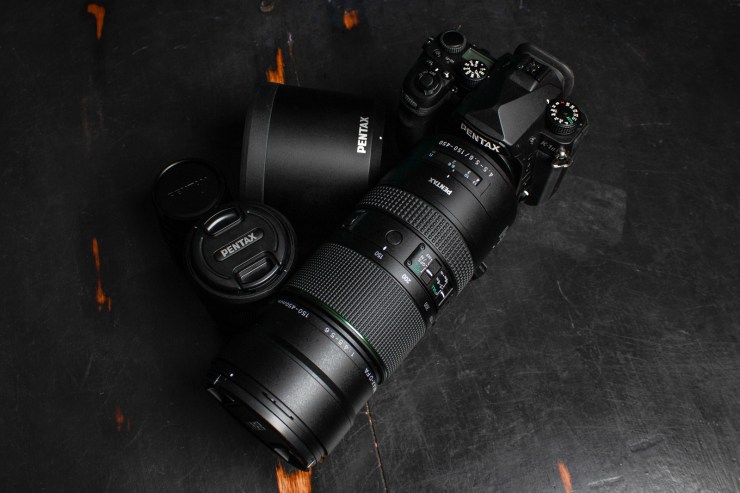Ricoh has just announced that the company is going to radically alter the way they do business in Japan. This change will see Ricoh taking on a more direct-to-consumer approach.
We’re sure that many influencers on YouTube and other blogs will take this move as a last-ditch effort to save the brand. So, they will likely don their reaper cloaks so they can pronounce Ricoh/Pentax dead, and therefore DSLRs dead. This simply isn’t true, so don’t believe it if you hear this nonsense. However, things obviously aren’t rosy for the beleaguered camera manufacturer.
It’s important to note that the changes in distribution will only be affecting the market in Japan right now. Whether or not these changes will make their way into other markets remains to be seen. The key takeaway from this announcement is that consumers in Japan will still be able to buy Ricoh and Pentax branded cameras. Getting your hands on said cameras will just look a little different. So, let’s take a look at what’s happening and talk about what the future might hold for Ricoh.
Pentax and Ricoh — A digital second coming

Ricoh’s president, Noboru Akahane said the GR series of cameras and all Pentax branded cameras will undergo a restructuring effort. Noboru Akahane said:
“Until now, we have been doing business while feeling the strong feelings of our customers for the Pentax and GR brands. While I would like to respond to that desire as much as possible, I feel that the conventional method based on mass production and mass sales is becoming less accustomed to the recent changes in the market environment.”
Noboru Akahane — President, Ricoh
Just so you know, for the time being, the Ricoh and Pentax brands aren’t going anywhere. Those of you with nails for the coffins of these two brands can scurry along. While the message above might seem rather ominous, there is some light at the end of the tunnel. Still, I’m not stupid enough to believe that the restructuring is being done just because. And again, while this change is only affecting the Japanese market right now (one of Ricoh’s strongest markets), one has to wonder how long it will be before these changes roll out globally.
It’s a smart move

We all know that Ricoh has a very small percentage of the camera market. This fact isn’t going to change any time soon. So, addressing the strategy for producing cameras that only a small percentage of photographers want is a smart move. Noboru Akahane also said:
“We will shift from a sales method centered on the distribution network via retail stores to sales via the Internet to improve the efficiency of business operations. We will develop directly managed malls in major marketplaces to expand opportunities and places where Ricoh Imaging and customers can directly connect.”
Noboru Akahane — President, Ricoh
Being able to only produce the number of cameras they need is going to help Ricoh better control their finances. By taking sales back in-house, and by providing a ‘workshop-like’ manufacturing experience, Ricoh will be able to offer better customer service. They’ll also be able to better control quality and they’ll be able to connect with their customers on a much more personal level. This level of control will also open up the possibility to work with customers one-on-one to create custom cameras.

Many of you probably don’t remember the Pentax Q cameras. You could order and customize them to your liking with many wacky colors and configurations. It made buying a camera fun. We don’t know what the custom order experience will look like. Still, it certainly sounds like it could be a unique experience that more than just current Pentaxians might enjoy.
As a Pentax fan myself, I’m rather looking forward to a future where I can potentially customize a DSLR or GR Series camera. In a world where more people want to stand out and express themselves, this could be a boon for Ricoh.
The future is bright

So, as you can see from the statements above, Ricoh and Pentax aren’t going anywhere anytime soon. Instead, Ricoh is trying to evolve so that they can take back control of their finances, their inventory and the customer experience. This, in a way, is somewhat similar to how another boutique camera maker operates.
While Leica distributes their cameras through online retailers, the level of connection they have with their userbase is unmatched. Ricoh and their brands won’t reach the exclusivity levels of Leica anytime soon. Still, by listening to the needs and wants of their users on a smaller, non-mass-produced level, Ricoh and Pentax will stand a much better chance of marching toward their next anniversary milestone, and they’ll be able to produce cameras that their users want to buy. It sounds pretty splendid to me. Of course, only time will tell.
What do you think about this news from Ricoh? Do you think that the future is bright or do you think it’s too little too late from the once giant of the photography industry? Let us know in the comment section below.
Tell your story with the second annual Visual Storytelling Conference!
Experience four days of interactive, online training sessions featuring a range of educational content with experienced photographers and content creators. This free event kicks off with a series of technical boot camps to build essential skills, followed by live, online sessions on photography, video, business and social media. Join live from March 10-13, 2022!
